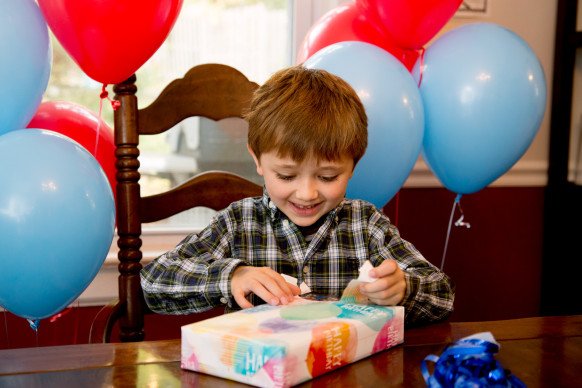Birthday parties may have fuelled virus transmission during the peak months of the pandemic in areas with already high COVID-19 infection rates, according to a new study headed by researchers at Harvard Medical School and the RAND Corporation.
Link Between Birthday Celebration And COVID-19 Spread
The study, published in JAMA Internal Medicine on June 21, found that in counties with a high prevalence of COVID-19, families with recent birthdays were 30% more likely to get a COVID-19 diagnosis than homes with no birthdays. The study is based on information from health insurance claims.

The researchers emphasize that they did not include actual birthday celebrations in their study. Instead, they utilized household members’ birth dates as a surrogate for social gatherings and in-person festivities.
Nonetheless, the data suggest that social events, such as birthday parties, may have contributed to infections during the pandemic’s peak.
These get-togethers are a vital element of the social fabric that binds families and society together. However, as the findings demonstrate, they can also expose homes to COVID-19 infections in high-risk locations, according to research senior author Anupam Jena, the Ruth L. Newhouse Associate Professor of Health Care Policy at HMS.
With rising vaccination rates and decreasing illnesses in many regions of the country, such retrospective study may appear out of date, but the data contain crucial hints for public health officials and individuals should another spike arise, according to the experts.
Jena believes the findings will help guide future policies. They do emphasize the necessity of understanding the sorts of behaviors that may exacerbate viral propagation during a pandemic and can guide policy and individual risk-based decisions. The findings also estimate the possible danger of gathering with known persons.
For more than a year, beginning in early 2020, many schools were closed for in-person learning across most of the United States, huge portions of the population worked from home, and many types of big and formal gatherings, such as athletic events, concerts, and funerals, were tightly prohibited. Despite these limitations, which are intended to reduce the types of social contacts that drive an infectious outbreak, the country has witnessed more than 32 million confirmed cases of COVID-19 and almost 600,000 fatalities.
Experts believed that small and informal meetings may have played a significant part in the virus’s transmission, but the degree of risk linked with diverse types of social activities has proven difficult to assess, let alone estimate. According to the researchers, it would be exceedingly difficult to uncover evidence connecting new illnesses to most types of casual meetings in the absence of large contact tracking and broad diagnostic testing.
To overcome these obstacles, Jena and colleagues attempted to elucidate the relationship between social gatherings and COVID-19 by investigating whether infection rates rise in households where a member recently had a birthday, because these occasions are frequently celebrated with some kind of get-together, and birth dates are embedded in medical records and insurance databases alongside COVID-19 diagnoses.
The researchers examined a countrywide sample of almost 3 million U.S. families having Castlight Health employer-based insurance. During the first 45 weeks of 2020, researchers discovered that in counties with high COVID-19 transmission, homes with recent birthdays had 8.6 more cases per 10,000 people than households without a birthday.
The degree of the danger differed depending on the age of the individual who had a birthday. The effect was significantly stronger in homes where a kid had a birthday, with an increase in COVID-19 cases of 15.8 per 10,000 people in the two weeks after a child’s birthday compared to instances in families where no child had a birthday. The rise was 5.8 extra instances per 10,000 families having an adult birthday. The researchers hypothesized that families with kid birthdays were less likely to cancel birthday activities owing to the epidemic, or that social distance was less rigorously enforced during children’s birthday celebrations.
The study found no higher incidence of infection in the weeks after birthdays among families in areas with low COVID-19 prevalence. The researchers also discovered no differences in the overall link between birthdays and COVID-19 based on the political leanings of the household’s county, or on other factors such as whether it rained during the week of the birthday, which could have driven celebrations indoors, or whether a shelter-in-place policy was in effect in the household’s county at the time of the birthday.
